What do you think?
Rate this book


340 pages, Hardcover
First published May 6, 2014
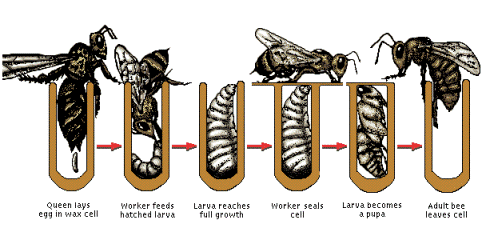
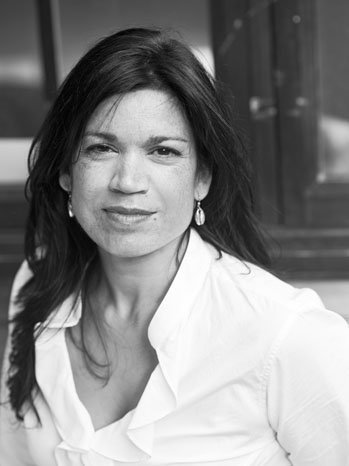
A beekeeper friend of mine died, far too young. In the immediate aftermath of her death, I began reading about the bees she loved so much. Very quickly, I realized I was exploring the most extraordinary ancient society that was like a hall of mirrors to our own: some things very similar, others a complete inversion, whilst more were fantastically alien and amazing. The more I read the more I wanted to find out, but when I learned about the phenomenon of the laying worker, I became incredibly excited by the huge dramatic potential of that situation.Her feeling of loss is very much present here. Bees are not the longest lived creatures on the planet, and more than a few see their end here. But there is another element as well, from a recent interview posted here on Goodreads,
Becoming a mother changed me and made me stronger—but evolution is never easy. I didn't write Flora from an intellectual perspective but in a very visceral way: Motherhood made me a more passionate person—or allowed me to express that innate side of myself much more. So perhaps that's why Flora works as a character: There's primal truth in her motivation. She accepts her life one way, but then a forbidden force takes possession of her. Called love.
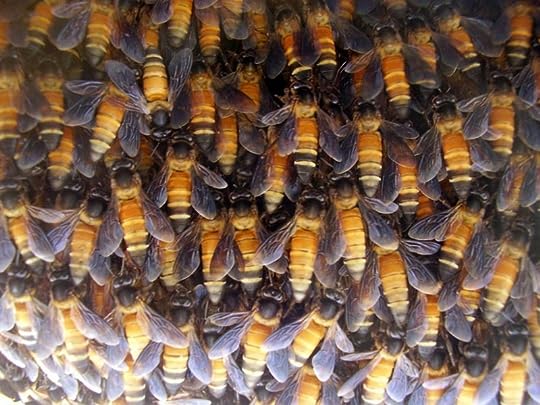
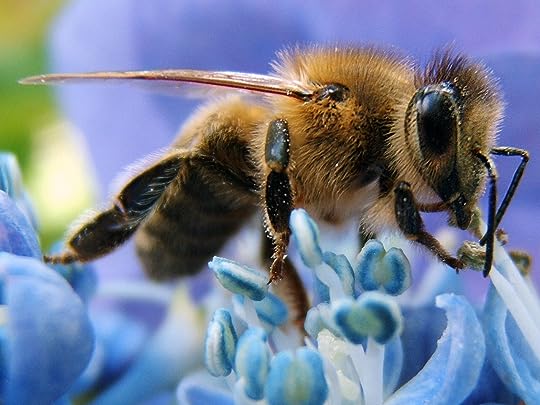
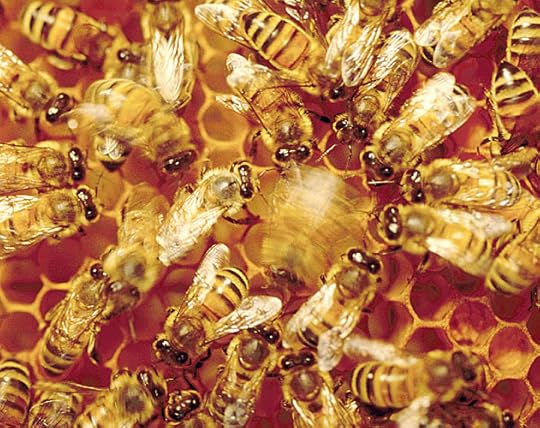
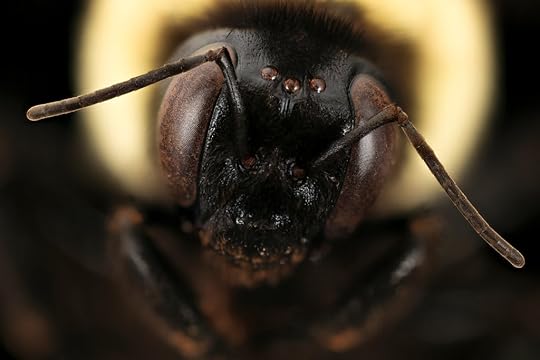
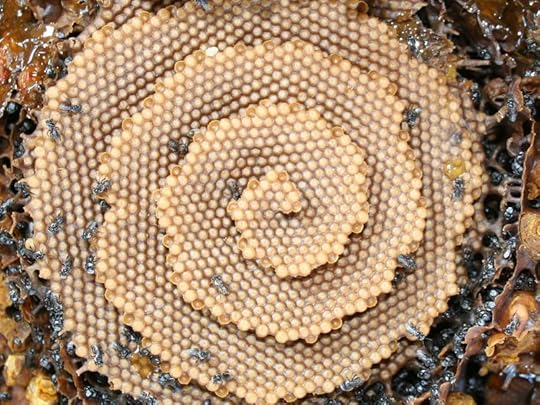
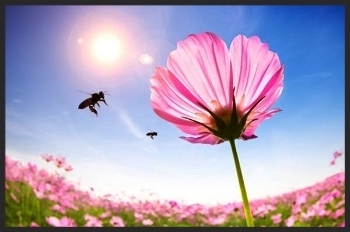
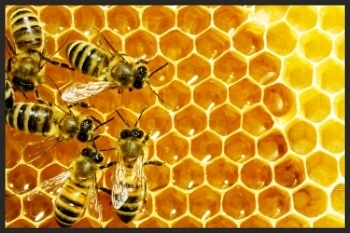
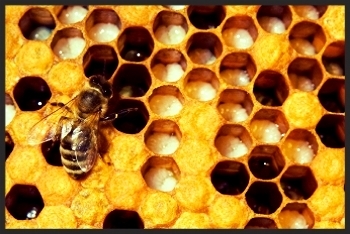
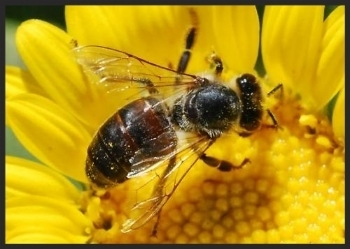
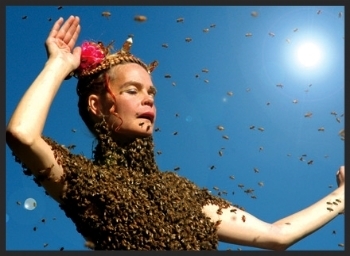









1.5 “Oh, spare me- he was just a great flying wad of sperm.” stars.Flora 717 is a sanitation bee, born to clean, born to serve. But she was born hideous and large, nothing like the other Flora's. None of the other Flora's can speak, but she can, and she wants more.
While I did enjoy this interesting and informative story (with memorable prologue and epilogue) it didn't blow me away like WD, but was quite an entertaining read nonetheless.
